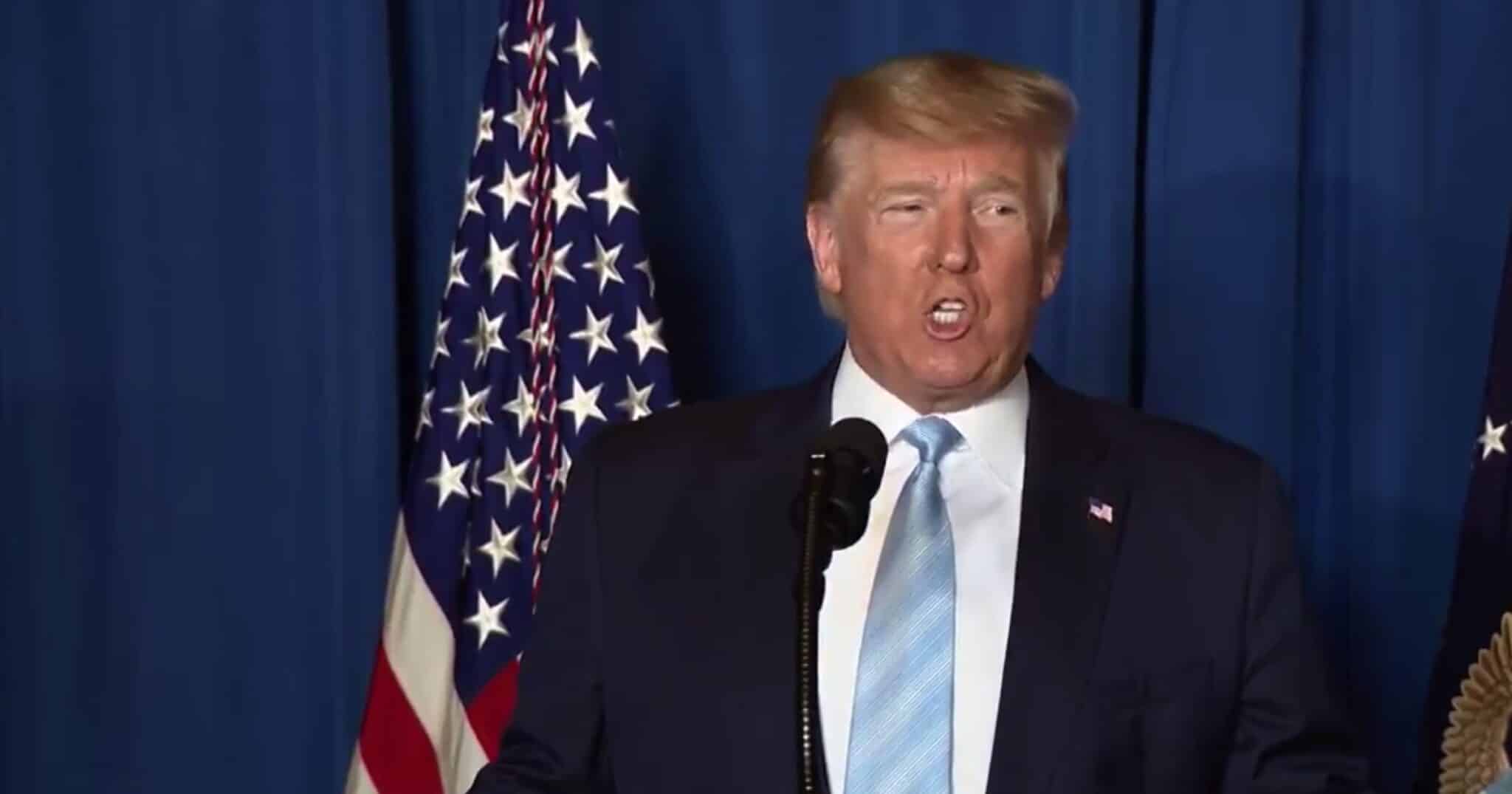





Donald Trump is preparing to make a significant change in U.S. energy policy when he returns to the presidency. His imminent inauguration includes plans to announce a national energy emergency with initiatives focused on boosting domestic fossil fuel production.
CBS News reported that this approach intends to decrease reliance on electric vehicles, argue for cost reduction for consumers, and address inflation blamed on prior policies.
President-elect Trump has targeted his first day in office to issue a formal declaration of a national energy emergency.
With this declaration, Trump aims to unlock additional energy production resources, notably within Alaska. In doing so, the administration seeks to pivot away from current electric vehicle mandates.
Scheduled for noon EST on Monday, Trump's inauguration will kick-start these energy-centered goals. The increased oil and gas production is expected to impact multiple areas of the U.S. economy by lowering consumer prices.
These measures come as part of broader efforts to counteract inflation trends that Trump attributes to policy decisions made during Biden's tenure.
Part of this plan includes a memorandum addressing inflation, pointing to an accusation of deliberate price increases under the prior administration. The national energy emergency will activate measures designed to rapidly increase the availability of natural resources, potentially creating jobs and enhancing national security.
The new administration has criticized clean energy strategies and the subsidization of electric vehicles. This opposition was cemented in Trump's inaugural speech, where he reiterated his commitment to fossil fuel-based energy solutions.
In a demonstration of the country's capacity for fossil fuel production, the U.S. recorded over 13.4 million barrels of oil daily in October 2024, marking a historical monthly production record since 1920. This bodes well for the expected policy shifts, as energy companies may see new opportunities for growth.
Trump's plans include dismantling what his team refers to as regulatory barriers, benefitting companies involved in oil and gas activities, according to Nigel Green, CEO of deVere Group. His remarks point to the anticipated vigorous investment in domestic production driven by regulatory changes.
On the stock market front, U.S. markets remained closed on the preceding Martin Luther King Day, indicating that Wall Street will react to these policy shifts when trading resumes. There is speculation on potential adjustments in global oil prices as a result of the incoming policies.
Under future energy policies, Trump's administration vows to expand drilling operations to alleviate the "inflation crisis" which Trump claimed was a result of high energy costs from his predecessor's administration. His statements harken back to campaign promises emphasizing aggressive domestic production methods.
An anonymous White House aide mentioned that the emergency declaration would introduce various authoritative measures, shedding light on the administration’s dedication to ending the electric vehicle mandate.
This move forms part of a wider push to revitalize traditional energy sectors while reducing perceived economic burdens on Americans.
As the country anticipates Trump's official return to office, the specifics of how the energy emergency will affect legislation and policy remain a key interest.
The anticipation is that these changes will encourage an energy policy pivot, offering incentives for oil and gas sectors.
The coming weeks will likely reveal just how rapidly the new measures can be implemented and their tangible effects on production and prices. With attention turning towards Trump’s policies, various sectors prepare to adapt to an energy strategy set to redefine American energy independence and economic sovereignty.



